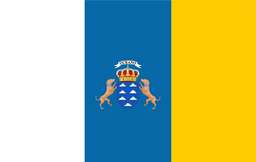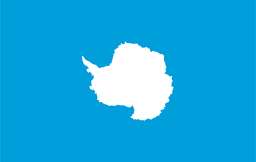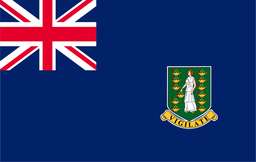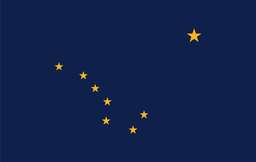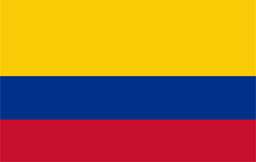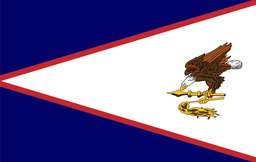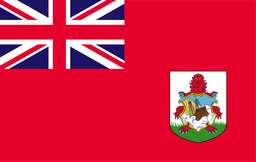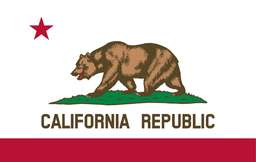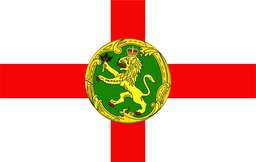Angola is a country located on the southwestern coast of Africa along the Atlantic Ocean. The history of Angola is shaped by ancient African kingdoms, long-distance trade, European colonization, forced labor, a long struggle for independence, and many years of civil conflict. Over time, Angola developed a strong national identity influenced by African traditions and global connections.
From early Bantu societies and powerful regional kingdoms to Portuguese rule, independence in the 20th century, and post-war reconstruction, Angola’s past explains both its challenges and its resilience.
Geography and Historical Importance
Angola’s geography influenced its history in many ways. The country includes:
- Coastal plains
- Central highlands
- Rivers and fertile valleys
These features supported early settlement and trade. Angola’s coastline connected it to the Atlantic world, linking it with regions that are now Brazil and Europe.
Early Human Settlement
Human presence in Angola dates back tens of thousands of years. Early inhabitants lived by:
- Hunting and gathering
- Fishing
- Using stone tools
Over time, societies became more organized and gradually developed farming practices.
Bantu Migration and Early Societies
Between roughly 1000 BCE and 500 CE, Bantu-speaking peoples migrated into Angola. This movement shaped the region’s language, culture, and social structure.
Bantu societies:
- Practiced agriculture and ironworking
- Built villages
- Formed kinship-based communities
Their traditions remain central to Angolan culture today.
Formation of African Kingdoms
Several powerful kingdoms emerged in what is now Angola. The most famous was the Kingdom of Kongo, which controlled large areas and took part in regional trade.
These kingdoms:
- Maintained organized political systems
- Controlled trade routes
- Practiced diplomacy and warfare
They played a major role in regional history.
Trade Networks Before European Contact
Before Europeans arrived, Angola was already part of African trade networks.
Trade included:
- Ivory
- Metals
- Agricultural goods
These networks connected inland regions with the coast and neighboring societies.
Arrival of the Portuguese (15th Century)
In the late 15th century, Portuguese explorers reached the Angolan coast.
Early contact involved:
- Trade agreements
- Religious missions
- Political alliances
Portugal gradually increased its influence in the region.
Angola Under Portuguese Rule
Portugal established colonies along the coast and slowly expanded inland.
Colonial rule focused on:
- Resource extraction
- Control of trade
- Expansion of political authority
Local resistance remained strong in many areas.
The Atlantic Slave Trade
One of the most tragic chapters in Angolan history was the Atlantic slave trade. Millions of Africans were taken from Angola and transported mainly to Brazil and other parts of the Americas.
This period:
- Caused massive population loss
- Disrupted societies
- Left deep and lasting social damage
Missionaries and Cultural Change
Christian missionaries introduced new religious ideas during colonial rule. Christianity spread alongside traditional beliefs, creating a mixed cultural and religious landscape.
Resistance to Colonial Control
Angolans resisted Portuguese control for centuries. Many local leaders and communities fought to protect their land and independence. This resistance slowed full colonial domination until the late 19th century.
Colonial Administration and Forced Labor
In the 20th century, Portugal strengthened its control over Angola.
Colonial policies included:
- Forced labor
- Racial inequality
- Economic exploitation
These policies caused widespread hardship among the local population.
Rise of Nationalism
After World War II, nationalist movements began to grow in Angola.
Angolan activists demanded:
- Political rights
- Social justice
- Independence
These movements gained support across the country.
Angolan War of Independence (1961–1974)
The armed struggle for independence began in 1961.
The war involved:
- Armed resistance
- Political organizing
- International attention
Over time, Portugal’s control weakened.
Independence of Angola (1975)
In 1975, Angola gained independence from Portugal.
Independence marked:
- The end of colonial rule
- The creation of a sovereign state
However, peace did not come immediately.
Civil War After Independence
After independence, Angola entered a long and destructive civil war between rival political groups.
The conflict:
- Lasted for decades
- Caused heavy loss of life
- Damaged infrastructure
Cold War politics played a major role in shaping this conflict.
Impact of the Cold War
During the Cold War, Angola became a place of international rivalry. Different global powers supported different sides, while later international efforts worked toward peace.
End of the Civil War (2002)
The civil war officially ended in 2002.
Peace made it possible to:
- Rebuild the country
- Return displaced people
- Restart economic growth
Post-War Reconstruction
After 2002, Angola focused on rebuilding:
- Roads
- Cities
- Public services
Oil production played a major role in economic recovery.
Angola’s Economy and Resources
Angola is rich in natural resources, especially oil and minerals.
These resources:
- Increased national income
- Created development opportunities
- Also raised concerns about inequality
Angola in Modern Africa
Today, Angola is an important country in southern Africa. It plays an active role in regional organizations and maintains diplomatic ties with many countries, including Portugal.
Society, Culture, and Identity
Angolan culture reflects:
- Bantu heritage
- Portuguese influence
- Strong musical and artistic traditions
Family and community remain central to social life.
Angola in the Contemporary World
Modern Angola faces challenges related to:
- Economic diversification
- Governance
- Social development
Its long history continues to influence national priorities.
Key Historical Timeline of Angola
- Ancient era: Early human settlement
- Bantu migration: Formation of societies
- 15th century: Portuguese arrival
- 16th–19th centuries: Slave trade
- 1961–1974: War of independence
- 1975: Independence
- 1975–2002: Civil war
- Post-2002: Reconstruction
Frequently Asked Questions (FAQ)
Who lived in Angola before colonization?
Bantu-speaking peoples and African kingdoms.
When did Angola become independent?
In 1975.
Why was Angola affected by civil war?
Because of political rivalry and Cold War involvement.
Sources and Historical Accuracy
This article is written for educational and informational purposes only. It is based on widely accepted African historical research, academic studies, and international records. The content is original and written in a neutral and objective tone.
Conclusion
The history of Angola is a story of endurance through hardship and change. From ancient African kingdoms and colonial exploitation to independence, conflict, and rebuilding, Angola’s past has shaped a nation determined to move forward. Understanding this history helps explain Angola’s cultural strength and its ongoing efforts toward stability and development.



